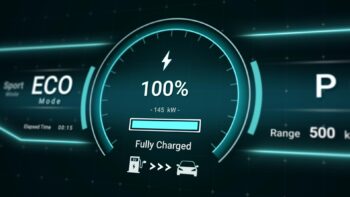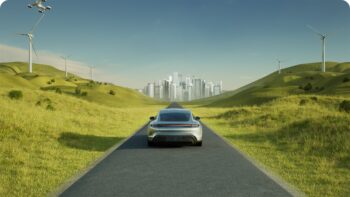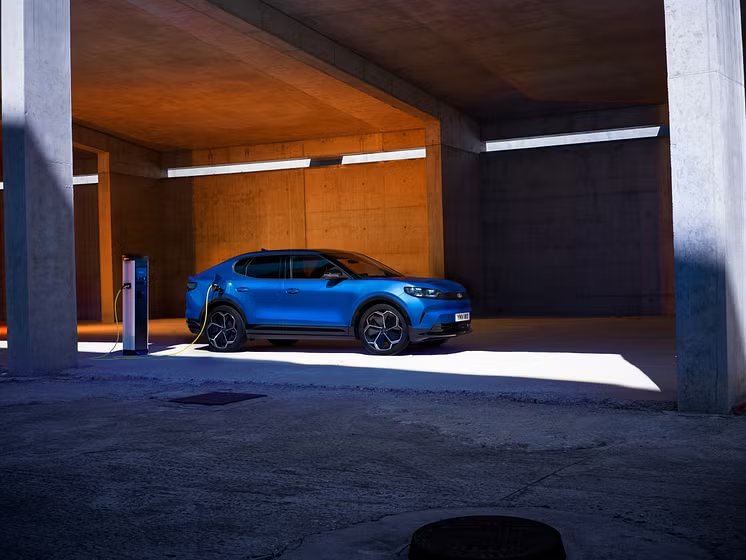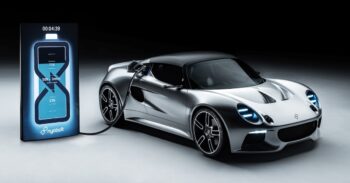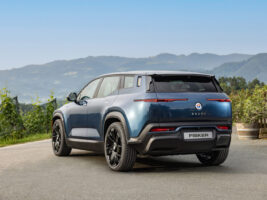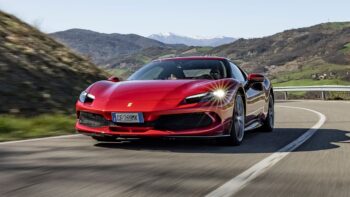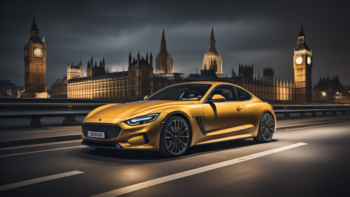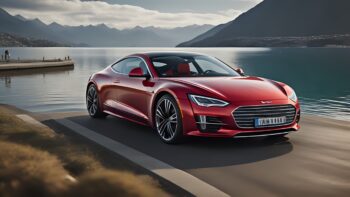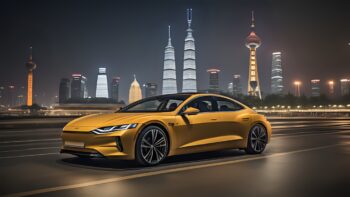More self-charging hybrids please!
HYBRID ELECTRIC CARS
Let’s look at the benefits of self-charging hybrid cars. A significant proportion of Europe’s citizens
couldn’t plug their cars in every night if they wanted to.
Looking at the cities and towns of Europe, they really aren’t designed around cars are they? Here
in the UK we have terraced tenements with houses often narrower than a car is long, hamlets of
small cottages that you can’t always get your car close to, and still others like me live in
conservation areas where we cannot leave our cars by our houses overnight. In European cities
that weren’t bombed flat during the World Wars you have streets so narrow that two fat people may
struggle to pass each other, let alone park your car in front of, and millions also live in apartments.
Common to the millions who live in homes like these (and other car-unfriendly examples) is that
they cannot simply pull up their driveway to plug their cars in at night. Austerity-hit city
governments are worrying more about ensuring they can meet their social care demands rather
than investing millions of Euros into electric car charging infrastructure to support the change in
vehicle technology. Adding to this many municipalities are cracking down on tailpipe emissions.
Why not then ask automotive manufacturers to revisit self-charging technology? A few have tried it
and ditched the concept – Peugeot had the 508 RXH, Honda the Civic and CRV, but only Toyota
and its Lexus, Prius, Auris (now Corolla) and Yaris models have really persevered with it.
I drive an Auris Estate and love it
Car reviewers love to moan about self-charging hybrids. I’ve had mine for nearly a year and
absolutely love it. I was given a lot off gyp for buying one by the Facebook EV group I’m in but
even with a five figure cash budget I couldn’t get a PHEV that suited my needs or budget. The
Mitsubishi Outlander sells for a similar price on a low mileage to the Auris I bought but I wouldn’t
be able to open the doors once it’s in my garage!
Even now I’m learning to drive more economically and in my latest 228 mile round trip along
motorways and trunk roads, I managed an average of 58.5 miles to the gallon (just over 20km /
litre) with my family & weekend stuff in the back. On a longer run of 800 miles I paid out just under €110 in fuel. I was getting 40mpg on my diesel – almost 30% less economy – on a supposedly more fuel efficient powertrain. OK – apples and oranges – it was an old car but new diesel SUVs are getting 40mpg even today.
My only difficulty is the range of the battery on pure electric. While the Outlander may give you 30
miles per charge, mine might give me a mile or two. This is where I’d like you battery guys and gals to get thinking.
Battery technology barriers?
To my understanding one of the problems with making these cars other than the expense of a big
battery and a split CVT transmission is that the battery needs to charge and discharge very quickly.
This creates a lot of heat and that can be problematic. The Battery University state, “the cells are
optimized for longevity rather than high specific energy as with consumer products. The battery
maker achieves this in part by using a thicker and more durable separator. To reduce stress, the
battery operates at 30–80 percent state-of-charge (SoC)”.
Could the size of the battery be increased at the expense of the ICE engine? While the ICE system
is more power dense than the BEV system, a lower powered engine with a bigger battery and
motor could achieve better range for low speed electric only driving.
Ford make a move
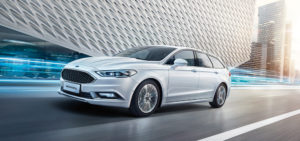 Picture source : Ford
Picture source : Ford
Ford has signalled it is to launch a self-charging hybrid Mondeo soon. Electric & Hybrid Vehicle Technology International reported earlier this year, “The hybrid powertrain produces 187ps and combines a specially developed 2-liter Atkinson cycle petrol engine, electric motor, generator,
1.4kWh lithium-ion battery and a Ford-developed power-split automatic transmission that emulates
the performance of a CVT.” Given the issues I raised above, this could be a good move and allow
more people to get a hybrid who might not due to infrastructure problems.
Honda has been notable in replacing its self-charging hybrids with PHEVs, and other companies
like Mazda, Volvo, BMW and VW moving into ‘mild hybrids’ where a 48V battery saves engine
power by looking after many of the car’s electrical processes and reduces power drain from
electricity demand. Mild hybrids can save around 10% on fuel at a pinch but in my self-charging
experience I’m getting far better.
Given the potential demand for more self-charging hybrids in cities and towns that don’t have the
mass EV charging infrastructure, it really is a puzzle why no other automakers aren’t going down
the self-charging route. Given tightening emissions laws in many cities It could be a big seller!
Header source : Toyota
